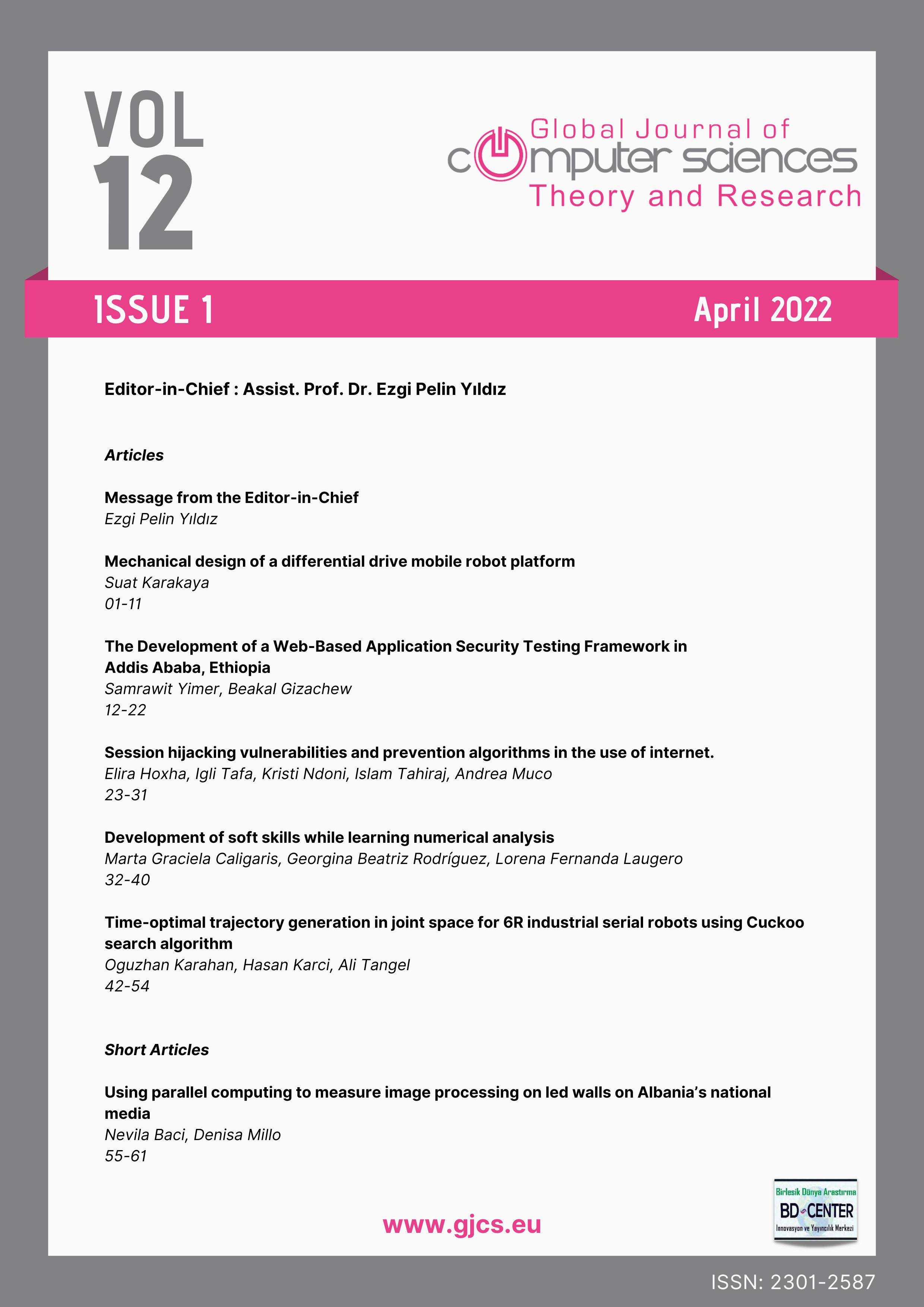Session hijacking vulnerabilities and prevention algorithms in the use of internet
Main Article Content
Abstract
The concept of Internet security is studied by computer science as a safe medium for exchanging data while minimizing the likelihood of online threats. The extensive use of advanced web-based software in different industries such as education, retail, medical care, and payment systems, represents a security challenge for the programmers and an opportunity for the hackers to attack through session hijacking. This paper aims to present vulnerability with the respective control mechanisms and to propose an approach for avoiding hijacking threats by using one-time cookies along with other prevention strategies. The study uses a la review of literature, by analyzing resources from existing literature. Based on recent OWASP guidelines, session hijacking of attack is indeed one of the most frequent attacks that happens lately. Session hijacking happens as a result of poorly designed websites and a lack of security mechanisms, where the user's identity and session data are exposed.
Keywords: Cookies; internet; security; session hijacking, vulnerability.
Downloads
Article Details

This work is licensed under a Creative Commons Attribution 4.0 International License.
Global Journal of Computer Sciences: Theory and Research is an Open Access Journal. All articles can be downloaded free of charge. Articles published in the Journal are Open-Access articles distributed under CC-BY license [Attribution 4.0 International (CC BY 4.0)]
Birlesik Dunya Yenilik Arastirma ve Yayincilik Merkezi (BD-Center) is a gold open access publisher. At the point of publication, all articles from our portfolio of journals are immediately and permanently accessible online free of charge. BD-Center articles are published under the CC-BY license [Attribution 4.0 International (CC BY 4.0)], which permits unrestricted use, distribution, and reproduction in any medium, provided the original authors and the source are credited.
